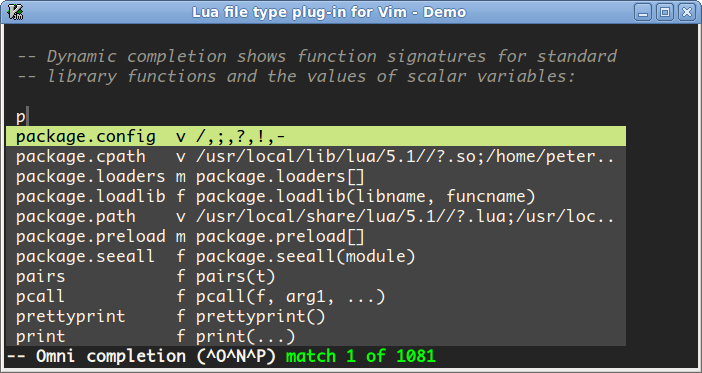

Try to limit width of the code to 80 chars. String.sub string.upper ncat table.insert table. Lua Code Conventions OpenComputers Lua Code Conventions Be consistent. Go into where the drive is mounted ( cd) Create an a file in the drive using the text editor ( edit a) Copy the LiskelOS code from here: a Paste the code into the new file. Note that you can only open a limited number of files per file system at the same time. Returns a file stream (see below) on success, nil and an error message otherwise. save in a file. Possible modes are: r, rb, w, wb, a and ab. If mode is not specified it defaults to r. String.gsub string.len string.lower string. Opens a file at the specified path for reading or writing. And here is the code for my program: I apologize up front for all of the noob mistakes that my code is more than likely riddled with. Os.clock os.date os.difftime os.time te string.char string.dump string.find string.format string. Here's what you'll probably want to know: First, This pic is what I want, (on the left) and what I have (on the right). Math.rad math.random math.randomseed math.sin math. Math.ldexp math.log math.max math.min math. Thus, w is functionally equivalent to wb. The binary vs text mode of the stream does not affect writes. io.open (path, 'w') truncates all contents from a file and opens it in write-mode. io.open (path, 'rb') opens a file in binary read-only mode.

Math.abs math.acos math.asin math.atan math.atan2 math.ceil s math. OpenComputers-Scripts A collection of Lua scripts for the OpenComputers-Mod for Minecraft. io.open (path, 'r') is equivalent to io.open (path), which opens a file in text read-only mode. runningĬoroutine.status coroutine.wrap coroutine.yield debug. This library allows a general way of interacting with file system components. Most notably, the debug library is mostly unavailable, and load only accepts text source. There are a few differences, which you can look up here: differences in the standard libraries. Im trying to comprehend a bit of Lua to write a simple WoW addon which.

Setmetatable tonumber tostring type xpcallĬoroutine.create coroutine.resume coroutine. OpenComputers makes an effort to largely emulate the standard library in areas that would usually interact with the host system - that being the I/O library. a _G _VERSION assert error getmetatable ipairs The following list isn't guaranteed to be complete and/or up-to-date! This file contains bidirectional Unicode text that may be interpreted or compiled differently than what appears below. For a definite reference for what's available in an init script, check the kernel or a script for your current OpenComputers version. Most notably that includes the io, package and filesystem libraries.

) assert ( type (sArg1 ) = "string", "me wants a strign!" ) if sArg1 then local nResult = 1 -do some more stuff return nResultĮnd end if f ( "a" ) = 1 then print "asd" endĬheckArg ( 1, name, "string" ) if name then local result = 1 - We extrapolate the b-spline of the non-euclidean space to - determine the fraction of potential failures encountered.There are a few libraries documented on the wiki that are in fact part of OpenOS, so when you're implementing your own operation system, those won't be at your disposal. Place the 'a' and 'a' source files here and you're done 9. Now, look for a folder with the same name as the long string of characters you took from the hard drive in-game before. So for example, to require the first argument to be a number you'd do checkArg(1, arg, “number”).įunction f (sArg1. Open the 'opencomputers' folder in here 6. The number is used in the error message like so: “bad argument #n (type1 expected, got type(value))”. You have to write data to the pipe: pipe io.popen find /v '', 'w') pipe:write ('It works') There is no indication from the docs that io.stdout can be reset to point to some other file handle. Homogenous error messages are a good thing! Its usage is checkArg(n, value, type1, …), where n is the number of the argument, value is the value of the argument and type1 and so on are the allowed types for the argument, as retrieved via type(value). If you have to validate arguments, use the built-in checkArg method.


 0 kommentar(er)
0 kommentar(er)
